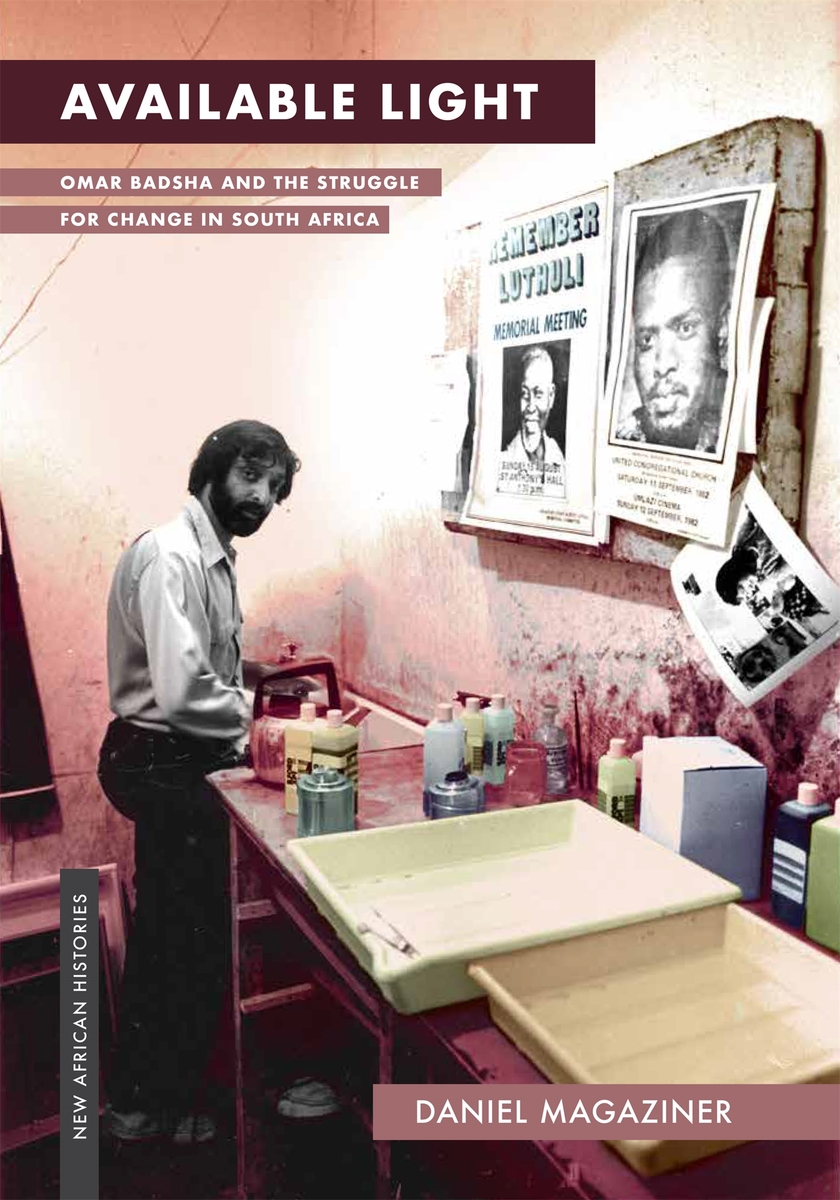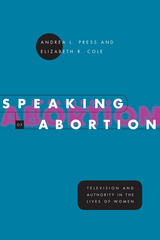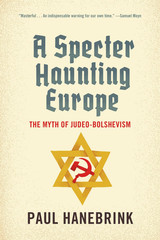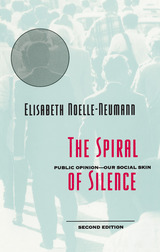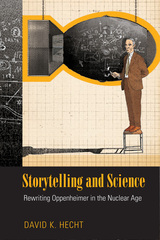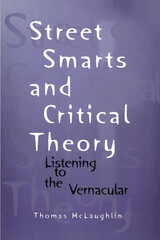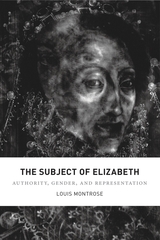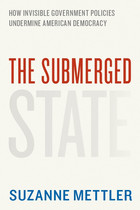Available Light: Omar Badsha and the Struggle for Change in South Africa
Ohio University Press, 2024
Cloth: 978-0-8214-2561-9 | Paper: 978-0-8214-2562-6 | eISBN: 978-0-8214-2563-3
See other books on: African Studies | Individual Photographers | Magaziner, Daniel | Republic of South Africa | South Africa
See other titles from Ohio University Press
Cloth: 978-0-8214-2561-9 | Paper: 978-0-8214-2562-6 | eISBN: 978-0-8214-2563-3
ABOUT THIS BOOK | AUTHOR BIOGRAPHY
ABOUT THIS BOOK
Available Light tells the story of an activist, an artist, a uniquely South African individual, and his community and family across the second half of the twentieth century. Omar Badsha was born in Durban, on the country’s southeastern coast in 1945. His was the third generation of his Gujarati family to call South Africa home. Before he turned five, the country’s white electorate had voted to institute apartheid to strip the rights and privileges of citizenship from most of the population, including Badsha’s Indian community and especially the country’s Black majority. By the time he turned fifteen, nonviolent protest against apartheid had been quashed; by the time he turned twenty, so too had the armed struggle to dislodge white supremacy within the country. The ongoing, resilient, and oft-rebuffed struggle against apartheid was a definitive factor in Badsha’s life. Furthermore, Badsha was raised in a community where art—painting, carving, music, poetry, theater—was inseparable from other values, whether Islamic and conservative or radical and urgently committed. When Badsha struggled in school, he, like his father, turned to art to express what he otherwise had difficulty conveying. Art brought him into contact with people of disparate backgrounds from far beyond Durban. In time, his friendships with other artists helped him refine his voice, first in drawing and eventually in photography, and capture the political ethic by which he strove to live his life and which he shared with similarly committed artist-activists. Daniel Magaziner chronicles how art and politics became intertwined in South Africa and explains what it takes to maintain a critical aesthetic approach to political crises in the past and present. The book tracks the personal and social costs that commitment can incur, while also appreciating how Badsha and others like him have maintained their vision of an equitable, transformed society even today, when the ideals that once animated the South African struggle are on the back foot worldwide.
See other books on: African Studies | Individual Photographers | Magaziner, Daniel | Republic of South Africa | South Africa
See other titles from Ohio University Press
